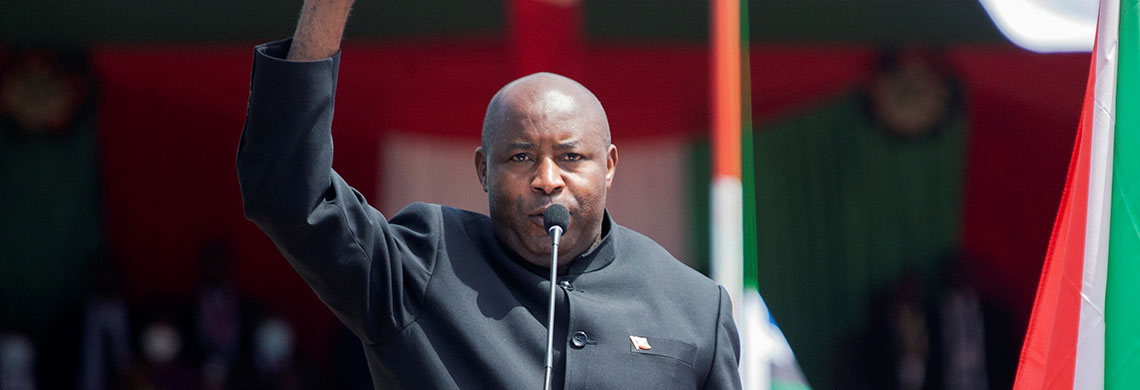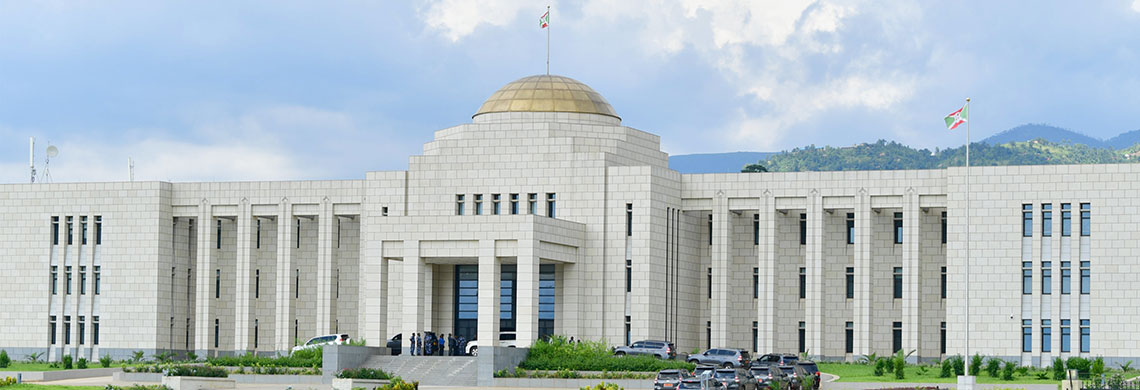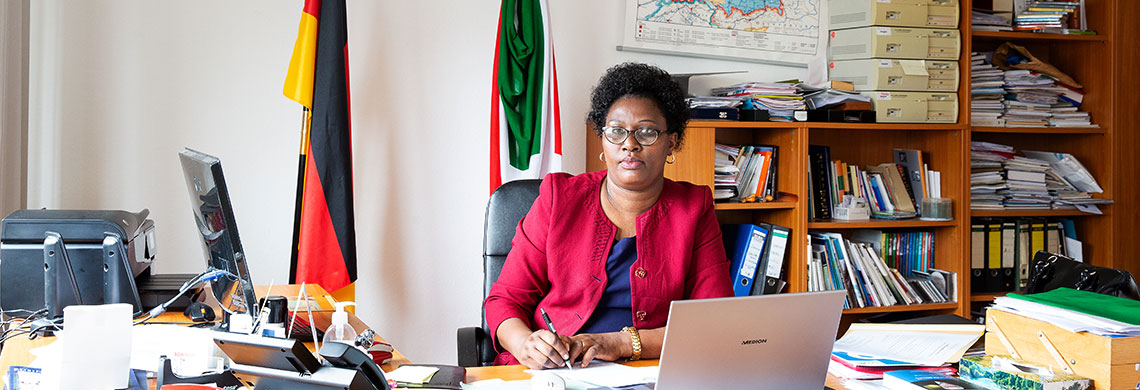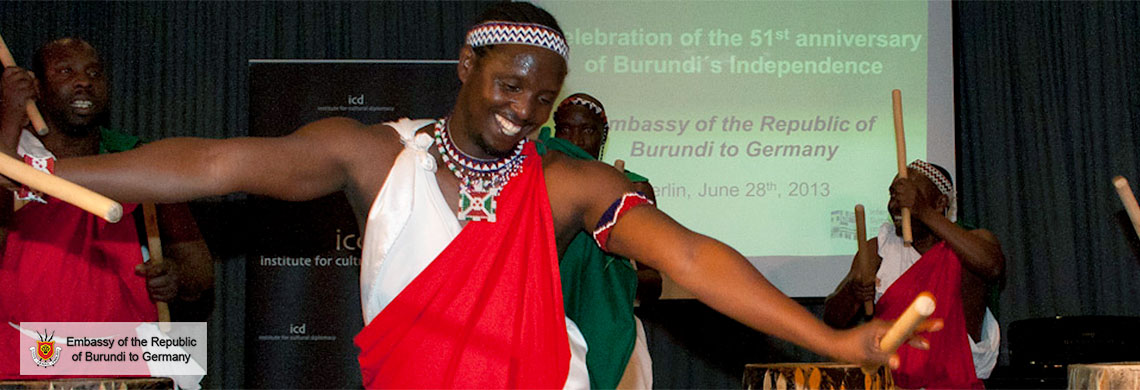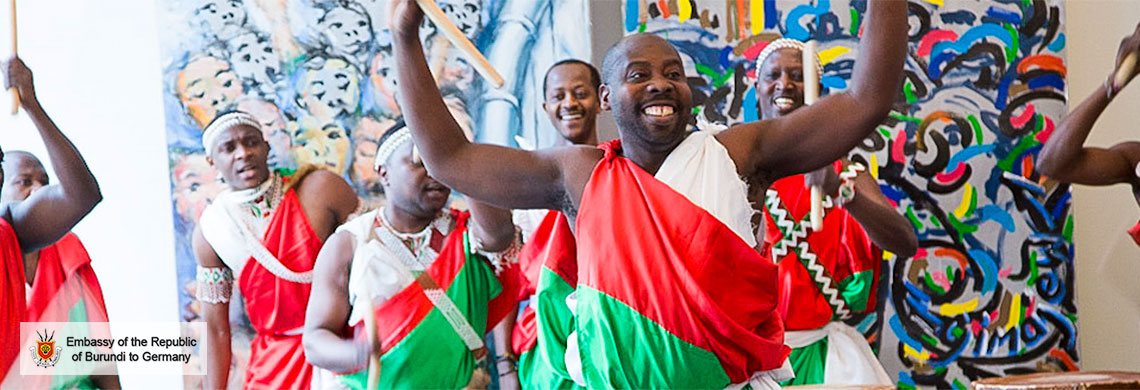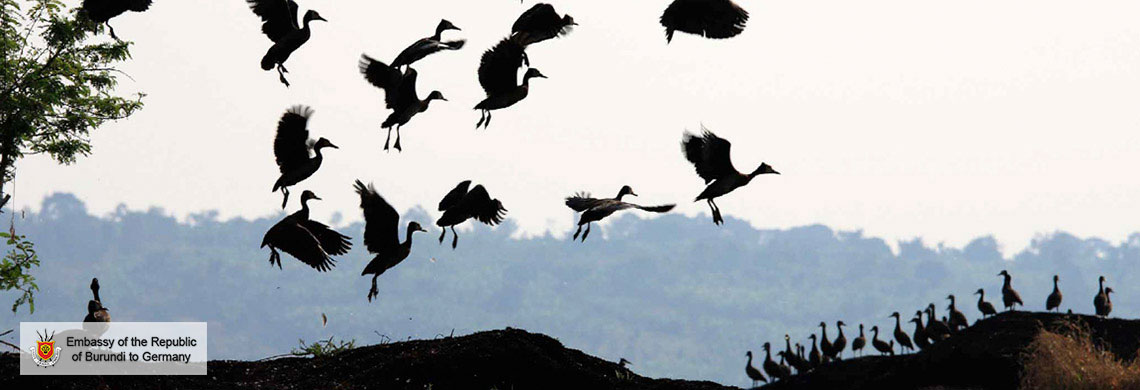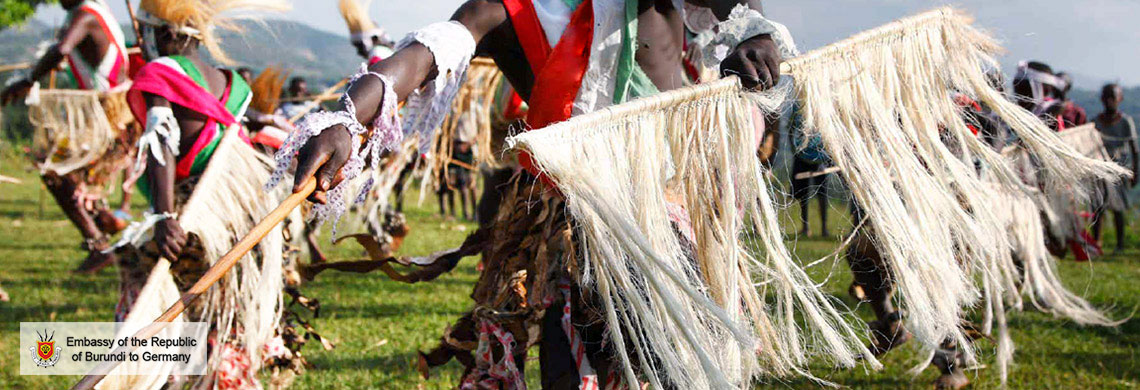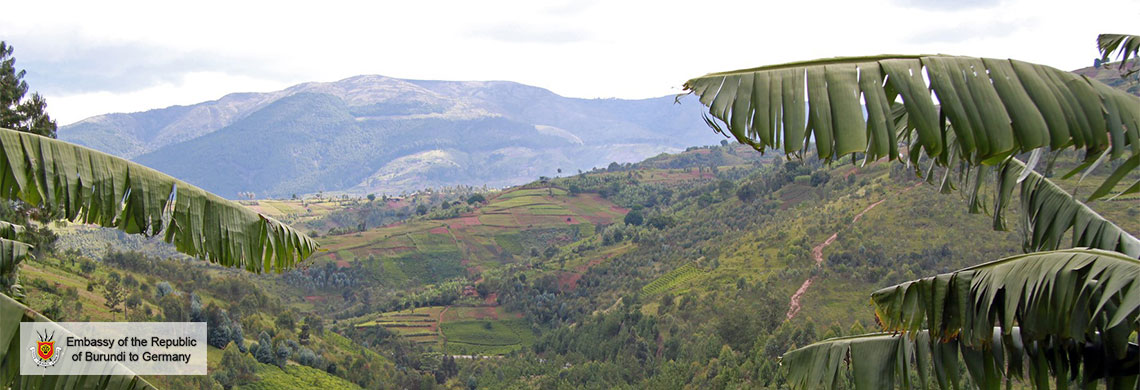Economy
 The Burundian Franc (BIF) is the country's currency.
The Burundian Franc (BIF) is the country's currency.The core of Burundi’s economy is agriculture. The main agricultural products are coffee, tea, sugar, cotton and food crops. Coffee is the country’s first resource and represents 80% of all exportations.
90% of Burundi’s population depends on this agriculture. Agriculture accounts for approximately 30% of the country’s GDP.
Between 1990 and 1999 the labor force increased by 2 million people. Women make up for half of this labor force.
Little industry exists except the processing of agricultural exports. However, potential wealth in petroleum, nickel, copper and other natural resources is being explored.
Other industries include public works construction, food processing, and light consumer goods such as blankets, shoes and soap.
Burundi has recently invested in tourism and 3000 visitors came to Burundi in 2012.
Burundi’s main export partners are Germany, Pakistan, Belgium, Sweden, Rwanda, France and China. Its main import partners are Saudi Arabia, Kenya, Belgium, France, Uganda, Germany, India and Pakistan.
The macro-economic situation is moving forward. The economic growth reached +4,2% in 2011, an increase from 2010 (+3,8%).
Burundi has also made substantial progress in the implementation of structural reforms in the management of public finance and measures to protect the Central Bank and the Treasury. Within a strategy of poverty reduction, extra resources were provided for agriculture, water, rural infrastructure, health and education in the 2011 budget.
Burundi has improved its Human Development Index. Significant social progress has been made through the implementation of a policy of free education and health provision.
Burundi joined the East African Community, which should boost Burundi's regional trade ties.

